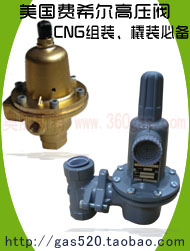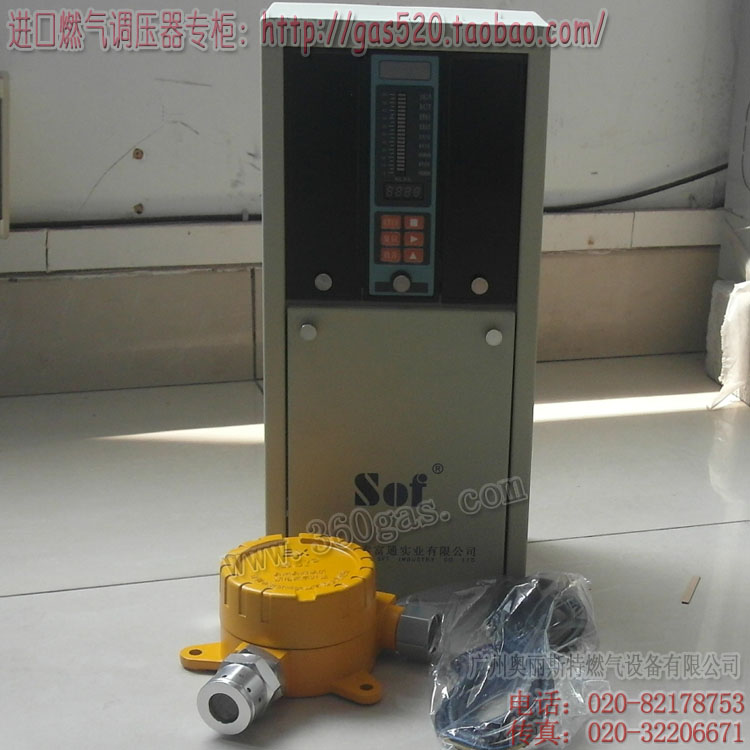位置:首页 > 燃气资讯 > FortisBC Funding P
FortisBC Funding Puts More NGVs on British Columbia Roads
浏览次数 770 , 日期 2014-04-10 , 燃气设备 加入收藏
Eighteen fleet operators have been awarded an incentive that will result in more than 200 new cleaner, more cost-effective vehicles on British Columbia’s roads. The new vehicles will use either liquefied natural gas (LNG) or compressed natural gas (CNG). The incentive funding will add 73 LNG and 134 CNG vehicles to fleets across the province.
“The number of fleet operators applying for this incentive shows that natural gas is becoming the fuel of choice for heavy-duty and return-to-base fleet vehicle operators,” said John Walker, president and CEO of FortisBC. “Our incentives help companies switch to natural gas, which is a cost-effective and abundant fuel source in British Columbia that also helps reduce emissions.”
Following the creation of the Government of B.C.’s Greenhouse Gas Reduction regulation in 2012, FortisBC announced a $104.5 million program to offset up to 75 per cent of the cost for a natural gas engine over a diesel engine. Program funding is also available for training, upgrades to facilities to safely maintain natural gas vehicles and for building CNG or LNG fuelling stations.
To meet increased market demand for LNG, FortisBC is currently undertaking a $400-million expansion of its Tilbury LNG plant in Delta, B.C., which will add approximately one million gigajoules of LNG storage as well as 30,000 to 60,000 gigajoules of liquefaction capacity per day to supply natural gas for the transportation sector and increase LNG supply, creating opportunities for industrial users and remote communities.
Natural gas is an economical and environmentally friendly fuel choice for transportation. Its benefits include:
Natural gas fuel costs have historically been 25 to 50 per cent less than diesel.
Greenhouse gas emissions are reduced by 20 to 30 per cent.
According to operators, natural gas engines run quieter compared to diesel trucks.
This latest incentive funding brings the total to date to more than $17.5 million awarded in B.C. Almost $5 million has been granted for customers in the 2012 and 2013 rounds of funding for LNG vehicles. More than $4 million has been granted for the 2013 round of funding for CNG vehicles.
“The number of fleet operators applying for this incentive shows that natural gas is becoming the fuel of choice for heavy-duty and return-to-base fleet vehicle operators,” said John Walker, president and CEO of FortisBC. “Our incentives help companies switch to natural gas, which is a cost-effective and abundant fuel source in British Columbia that also helps reduce emissions.”
Following the creation of the Government of B.C.’s Greenhouse Gas Reduction regulation in 2012, FortisBC announced a $104.5 million program to offset up to 75 per cent of the cost for a natural gas engine over a diesel engine. Program funding is also available for training, upgrades to facilities to safely maintain natural gas vehicles and for building CNG or LNG fuelling stations.
To meet increased market demand for LNG, FortisBC is currently undertaking a $400-million expansion of its Tilbury LNG plant in Delta, B.C., which will add approximately one million gigajoules of LNG storage as well as 30,000 to 60,000 gigajoules of liquefaction capacity per day to supply natural gas for the transportation sector and increase LNG supply, creating opportunities for industrial users and remote communities.
Natural gas is an economical and environmentally friendly fuel choice for transportation. Its benefits include:
Natural gas fuel costs have historically been 25 to 50 per cent less than diesel.
Greenhouse gas emissions are reduced by 20 to 30 per cent.
According to operators, natural gas engines run quieter compared to diesel trucks.
This latest incentive funding brings the total to date to more than $17.5 million awarded in B.C. Almost $5 million has been granted for customers in the 2012 and 2013 rounds of funding for LNG vehicles. More than $4 million has been granted for the 2013 round of funding for CNG vehicles.








